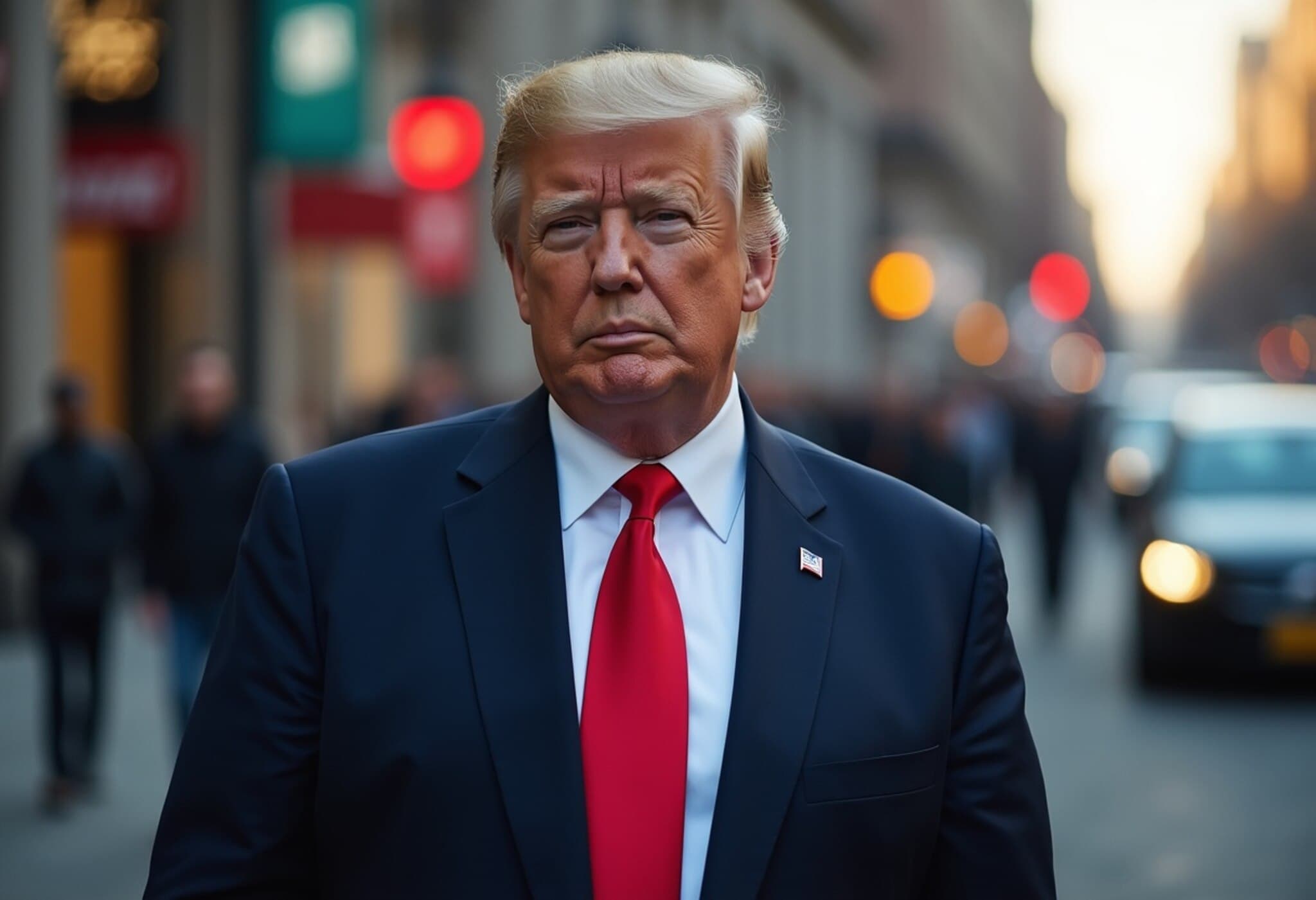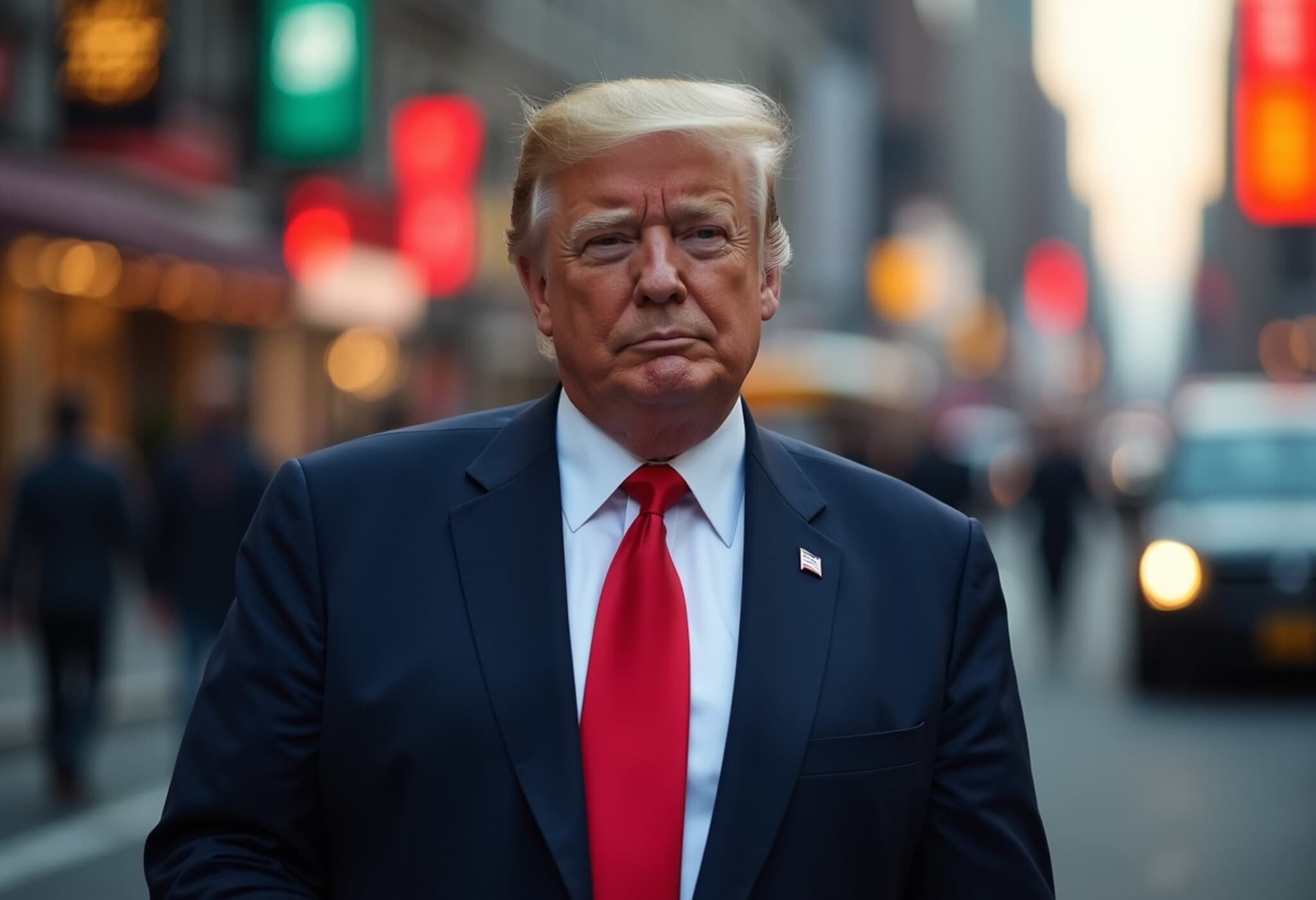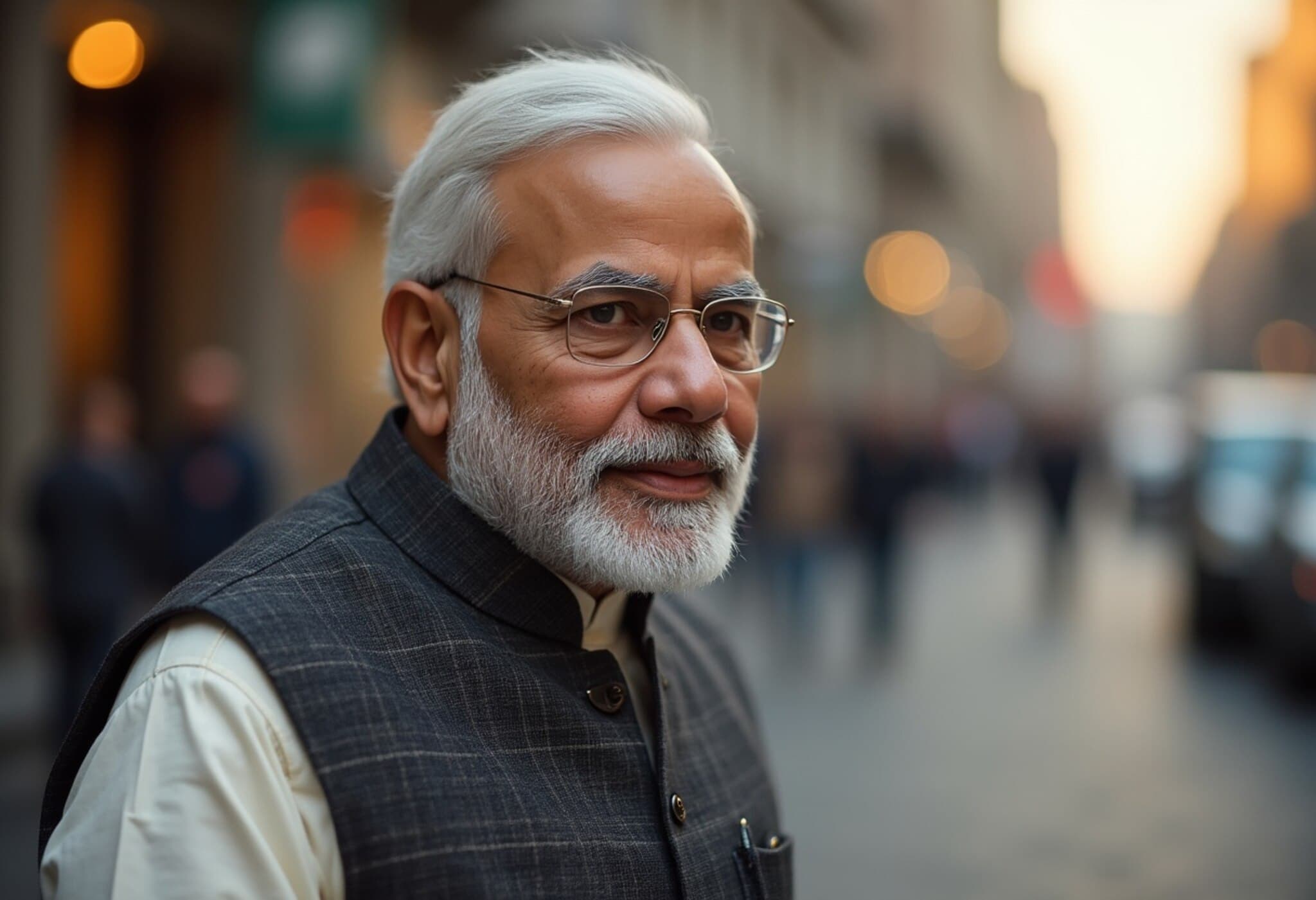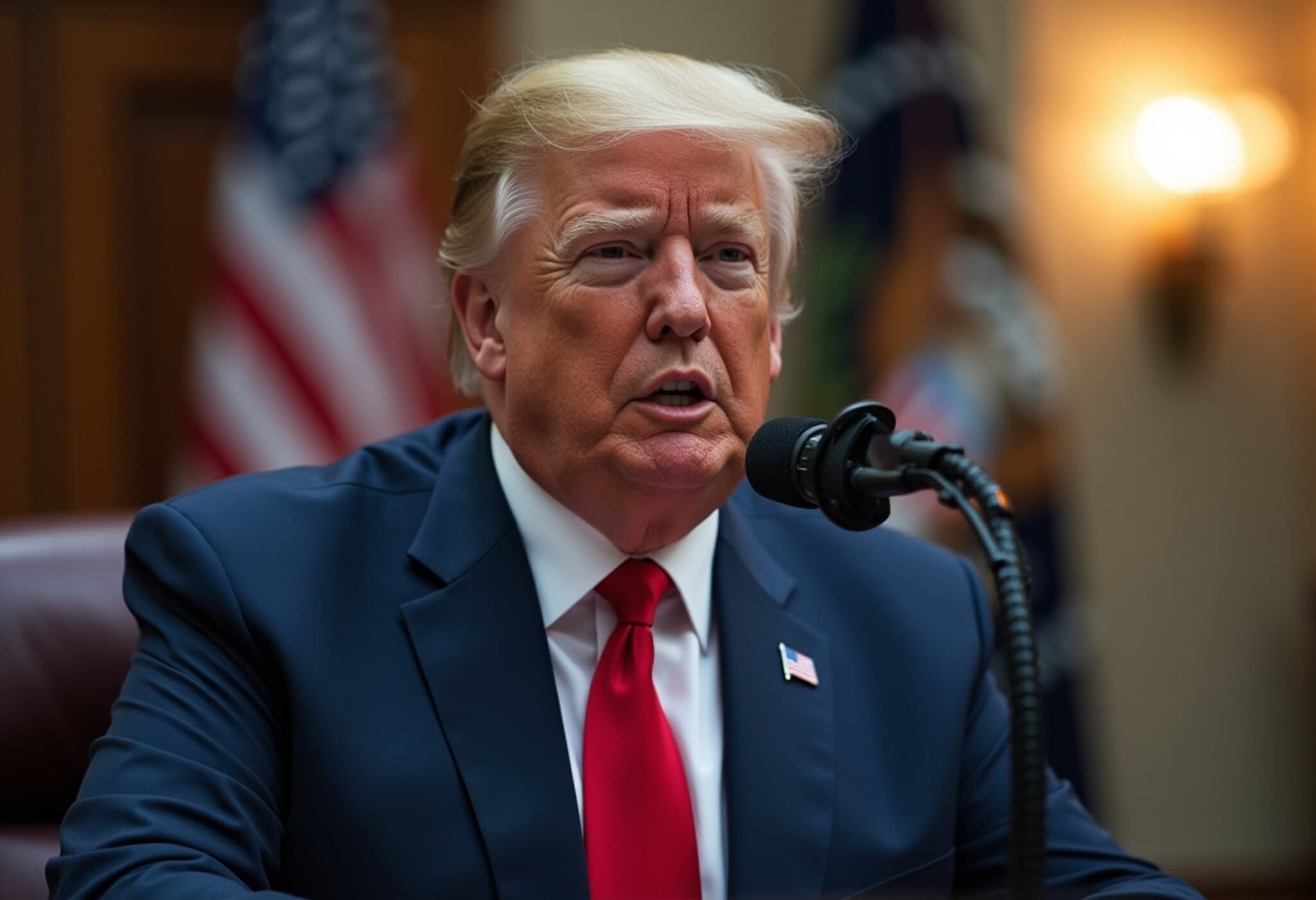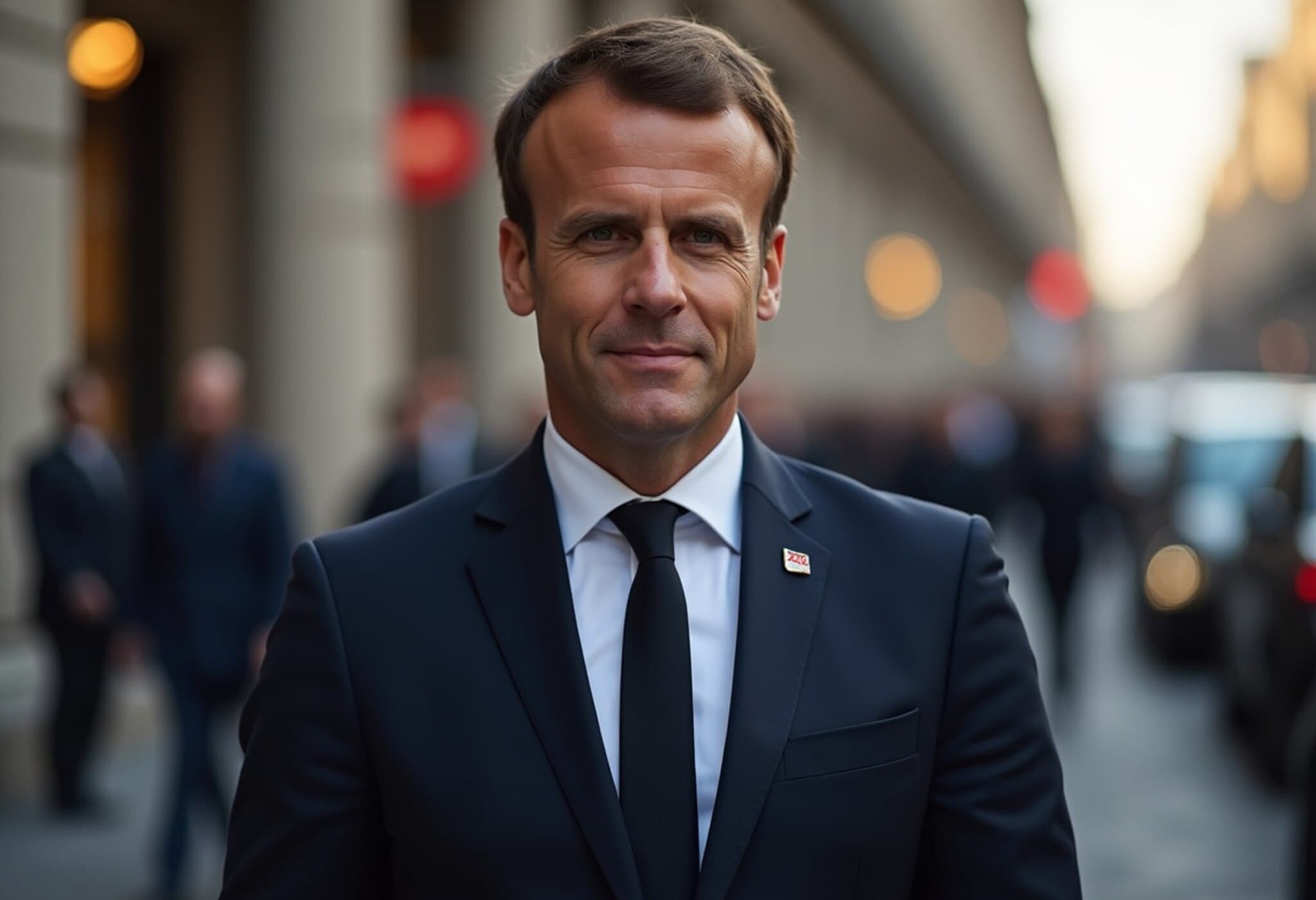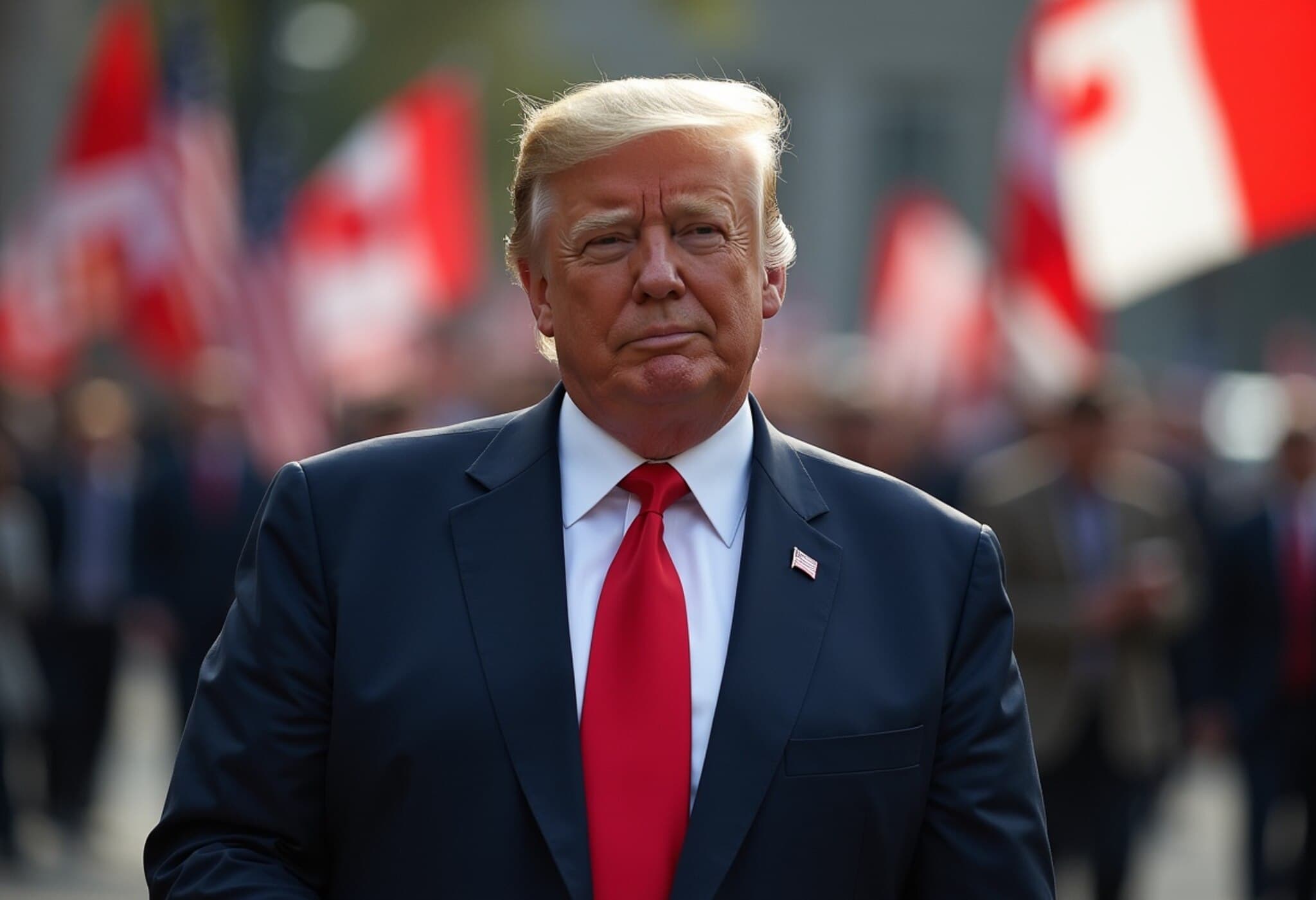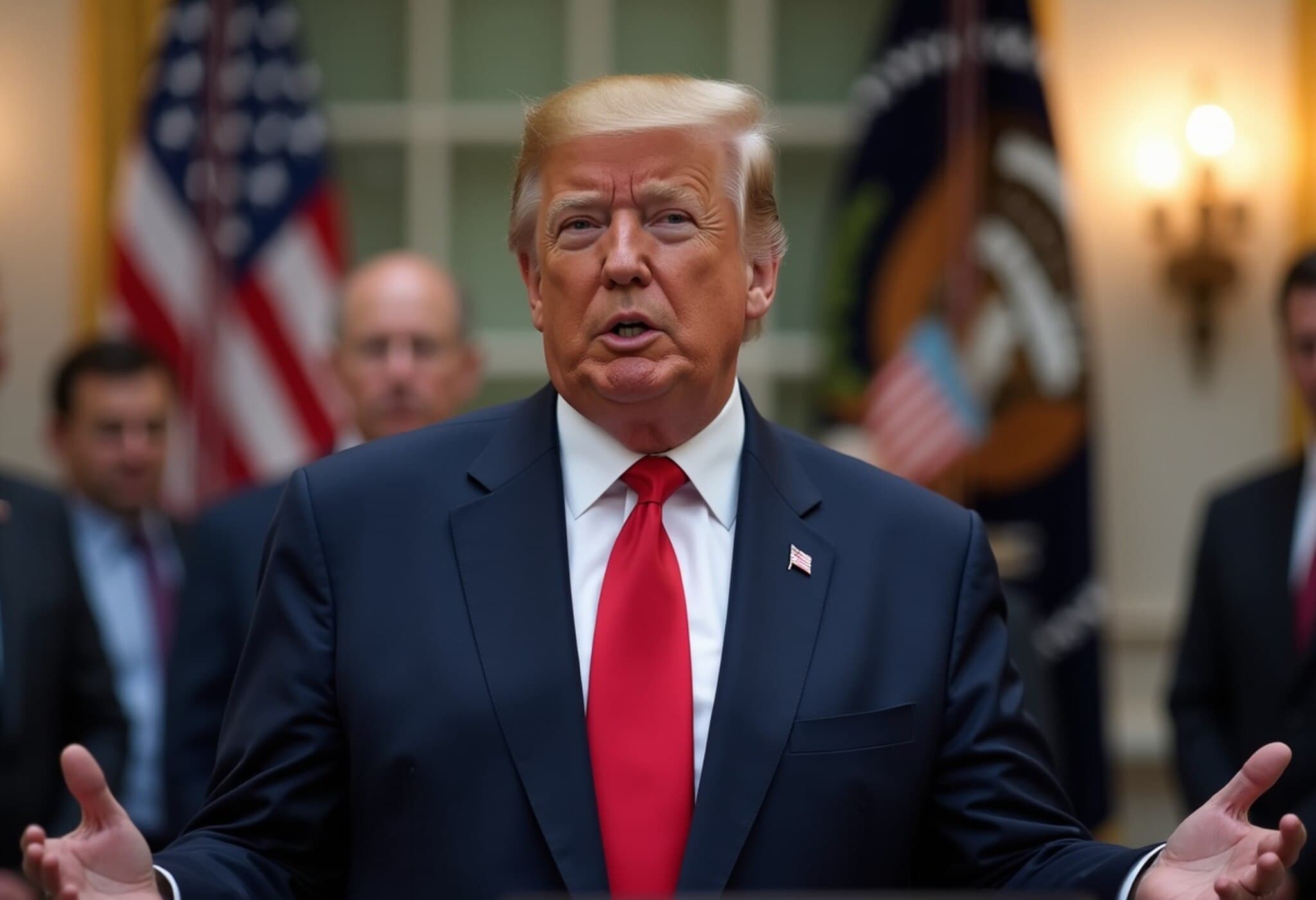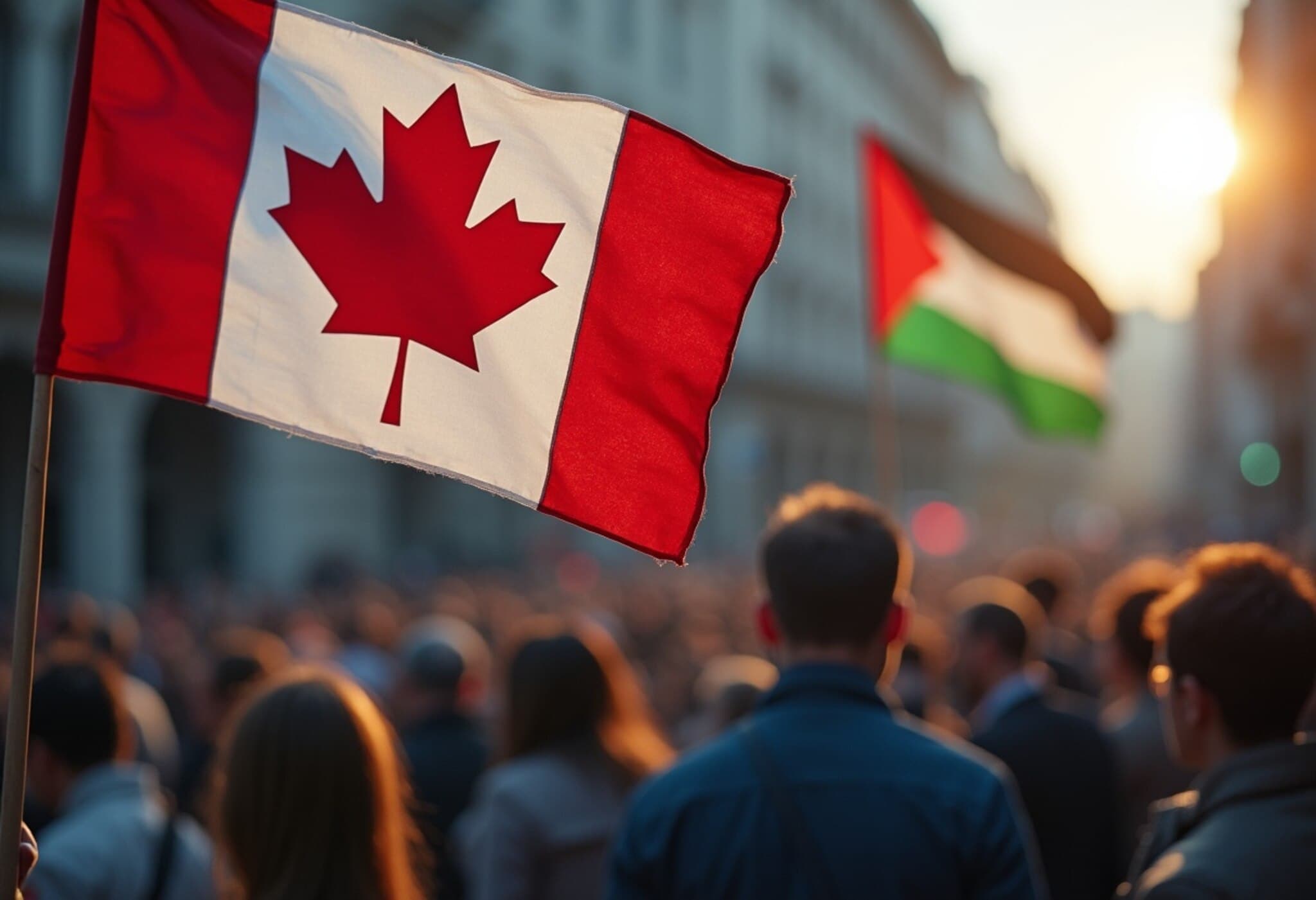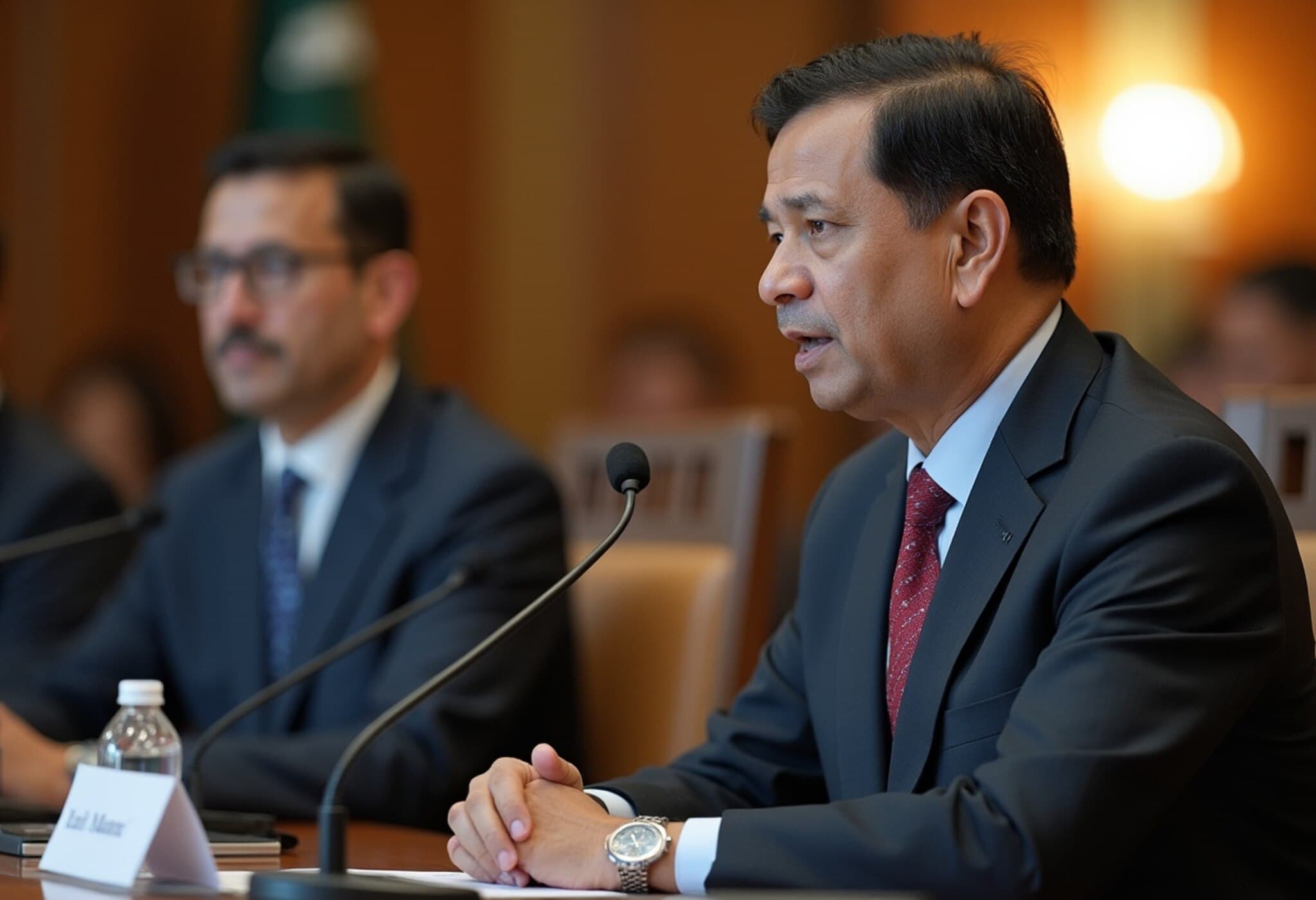US Announces Trade Deals with Cambodia and Thailand Amid Official Denials
In a surprising turn of events, the United States government, under the administration of former President Donald Trump, declared that trade agreements had been secured with Cambodia and Thailand. However, officials from both Southeast Asian nations have expressed confusion, stating they have yet to receive confirmation or details about any finalized trade deals.
Conflicting Statements Raise Questions About Deal Finalization
The announcement came from Howard Lutnick, then-Secretary of Commerce, who confidently asserted during a Fox News interview that trade deals had been established. This was a move aligned with the Trump administration’s broader efforts to leverage economic partnerships to influence regional geopolitical developments, specifically urging a ceasefire in an ongoing conflict that began just a week prior.
Despite Lutnick’s proclamation, a senior Cambodian trade official told The New York Times that they were unaware of any such agreement, highlighting a clear communication gap. Meanwhile, Thailand’s Finance Minister, Pichai Chunhavajira, indicated the negotiations were still ongoing, emphasizing that the details were not yet finalized and expressing the expectation that clarity might emerge within 24 hours.
Implications of Tariff Risks for Cambodia and Thailand
Both Cambodia and Thailand currently face the prospect of a 36% tariff on their exports to the US, a significant economic threat given the United States is a major market for their goods. The urgency to negotiate favorable trade terms is heightened by these potential tariffs, which can greatly impact their export-driven economies.
For context, other Southeast Asian nations have secured comparatively lower tariff rates through trade negotiations with the US: Indonesia and the Philippines at 19%, and Vietnam at 20%. Without an agreement or an extension in place by August 1, the Trump administration indicated that these punitive tariffs would take effect, placing considerable pressure on Cambodia and Thailand.
Historical Context: A Pattern of Ambiguity in Trade Communications
This episode marks at least the second instance under the Trump administration where ambiguity around trade agreements has surfaced publicly. Previously, Treasury Secretary Scott Bessent expressed uncertainty about whether a trade deal with Vietnam had officially been signed, indicating potential inconsistencies in communication both within the US government and between the US and its trade partners.
Expert Analysis: Navigating Trade and Diplomacy Under Political Pressure
From a policy perspective, the US’s tactic of announcing trade deals prematurely could be interpreted as a strategic move to apply diplomatic pressure. However, such missteps risk eroding trust with long-term trade partners, complicating negotiations and possibly harming America’s credibility on the global stage.
For Cambodia and Thailand, the stakes extend beyond tariffs. Trade agreements are intertwined with geopolitical considerations, including the US’s demand for a ceasefire in ongoing regional conflicts. The economic leverage exerted by tariffs can be a double-edged sword—while intended to spur cooperation, it may also foment resentment or lead to adverse economic outcomes affecting the populations most reliant on exports.
Looking Ahead: Critical Questions and Regional Significance
- Will the Trump administration clarify the status of these trade deals and provide concrete terms to Cambodia and Thailand soon?
- How will the looming tariffs impact the bilateral relationships and the economic stability of these Southeast Asian economies?
- Can this episode serve as a lesson to improve transparency and coordination in international trade negotiations?
As the deadline for tariff implementation approaches, the international community watches closely. The resolution—or continued ambiguity—could shape US relations in Southeast Asia for years to come.
Editor’s Note
This episode highlights the complexities inherent in the intersection of trade and diplomacy under politically charged circumstances. It raises important questions about transparency, the efficacy of economic sanctions as leverage, and the need for clear communication channels in global trade negotiations. For American policymakers and international observers alike, ensuring that trade agreements are not only fair but also clearly communicated is critical to maintaining trust and stability in global commerce.


